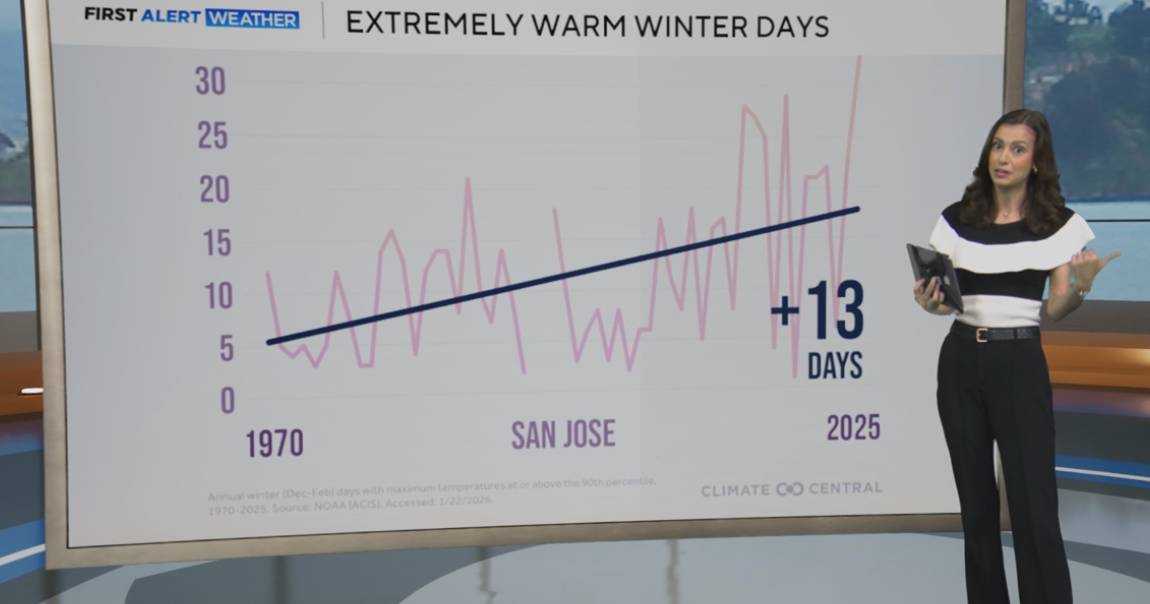2019 is set to end the hottest decade on record, UN report says
This year closes out what is expected to be the hottest decade ever recorded, according to a new report from the United Nations' World Meteorological Organization. A press release for the report calls the past decade one of "exceptional global heat," and states that 2019 is likely to be the "second or third warmest year on record," due to "greenhouse gases from human activities."
The WMO provisional statement on the State of the Global Climate, released on Tuesday, serves as an authoritative source of information for this year's international climate summit, COP25, which began in Madrid on Monday. Before this year's climate negotiations, U.N. Secretary-General António Guterres said "the point of no return is no longer over the horizon."
His sobering statement was further supported by Tuesday's report, which outlines how climate change has intensified weather patterns, creating more frequent "high impact events," such as floods, drought, heatwaves, wildfires and tropical cyclones – and how such events affect people.
"On a day-to-day basis, the impacts of climate change play out through extreme and 'abnormal' weather. And, once again in 2019, weather and climate related risks hit hard. Heatwaves and floods which used to be 'once in a century' events are becoming more regular occurrences," WMO Secretary-General Petteri Taalas said in the press release.
In the past year, rainfall in the central United States was the highest on record, while wildfires raged across the West. Major heatwaves hit Europe — extending into the Nordic countries — while the Southern Hemisphere was hit with 27 cyclones. Hurricane Dorian, one of the year's most intense cyclones, devastated the Bahamas and left an estimated 70,000 people homeless.
Such high-impact weather events triggered seven million human "displacements" before June 2019, and "the number of new displacements associated with these events could rise to 22 million — more than tripling — by the end of 2019, according to the report.
"If we do not take urgent climate action now, then we are heading for a temperature increase of more than 3°C by the end of the century, with ever more harmful impacts on human wellbeing," Taalas said in the press release. "We are nowhere near on track to meet the Paris Agreement target."
The Paris Agreement, adopted in 2015, was a historic resolution signed by 195 nations and the European Union. The resolution's success was due in large part to the United States' leadership under former President Barack Obama. The resulting agreement requires signed countries to keep the rise in the global average temperature "well below" 2 degrees Celsius (3.6 degrees Fahrenheit) and "endeavor to limit" them even more, to 1.5 degrees Celsius by the year 2100, compared with pre-industrial levels.
According to Tuesday's report, the global average temperature in 2019 (January to October) was about 1.1 degrees Celsius above the pre-industrial period.
President Trump promised to pull out of the Paris Agreement on the campaign trail, and officially began the yearlong process to withdraw the United States from the agreement last month. The withdrawal won't become official until at least a day after the 2020 presidential election.
No senior members of the Trump administration are in attendance at this year's climate negotiations in Madrid. House Speaker Nancy Pelosi, along with a 15-member congressional delegation and a diplomatic team, are representing the United States.



